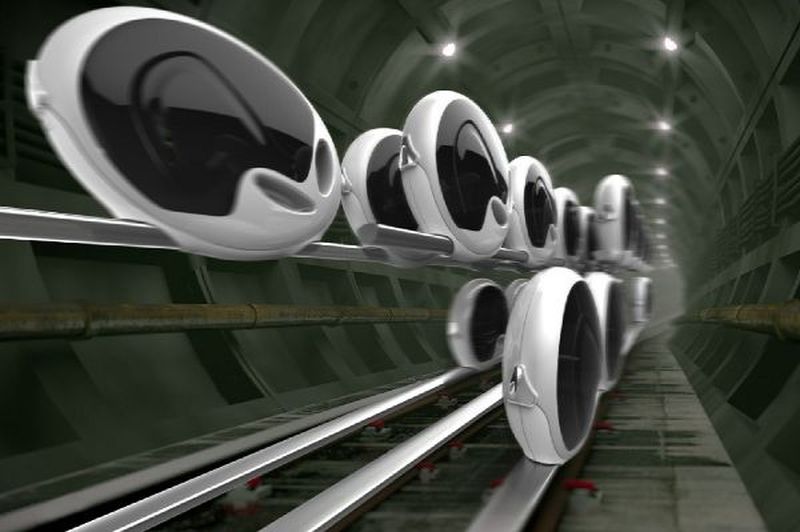The Future of Transportation: How Technology Will Revolutionize the Way We Move
Transportation is an essential aspect of modern society, enabling people and goods to move from one place to another. However, the current transportation system is facing numerous challenges, including congestion, pollution, and safety concerns. To address these issues, the transportation industry is undergoing a significant transformation, driven by technological advancements and innovative solutions. In this article, we will explore how transportation will change in the future and the impact of these changes on society.
- Autonomous Vehicles
Autonomous vehicles, also known as self-driving cars, are one of the most significant technological advancements in the transportation industry. These vehicles use sensors, cameras, and artificial intelligence to navigate roads and highways without human intervention. The benefits of autonomous vehicles include increased safety, reduced traffic congestion, and improved mobility for people with disabilities. However, there are also concerns about the impact on employment and the need for new infrastructure to support these vehicles.
- Electric Vehicles
Electric vehicles (EVs) are becoming increasingly popular as a more sustainable alternative to traditional gasoline-powered cars. EVs use electricity stored in batteries to power an electric motor, producing zero emissions. The benefits of EVs include reduced air pollution, lower operating costs, and improved energy security. However, the widespread adoption of EVs requires significant investment in charging infrastructure and renewable energy sources.
- Hyperloop
Hyperloop is a futuristic transportation system that uses magnetic levitation to propel pods through a vacuum-sealed tube at high speeds. The benefits of hyperloop include reduced travel time, increased efficiency, and reduced environmental impact. However, the technology is still in the early stages of development, and significant investment is required to make it a reality.
- Drones
Drones are unmanned aerial vehicles that can be used for transportation of goods and people. The benefits of drones include reduced delivery times, increased efficiency, and reduced traffic congestion. However, there are also concerns about safety, privacy, and the need for new regulations to govern their use.
In conclusion, the future of transportation is exciting and full of possibilities. The integration of technology and innovation will revolutionize the way we move, making transportation safer, more efficient, and more sustainable. However, these changes will require significant investment, planning, and collaboration between industry, government, and society to ensure a smooth transition to the transportation of the future.
